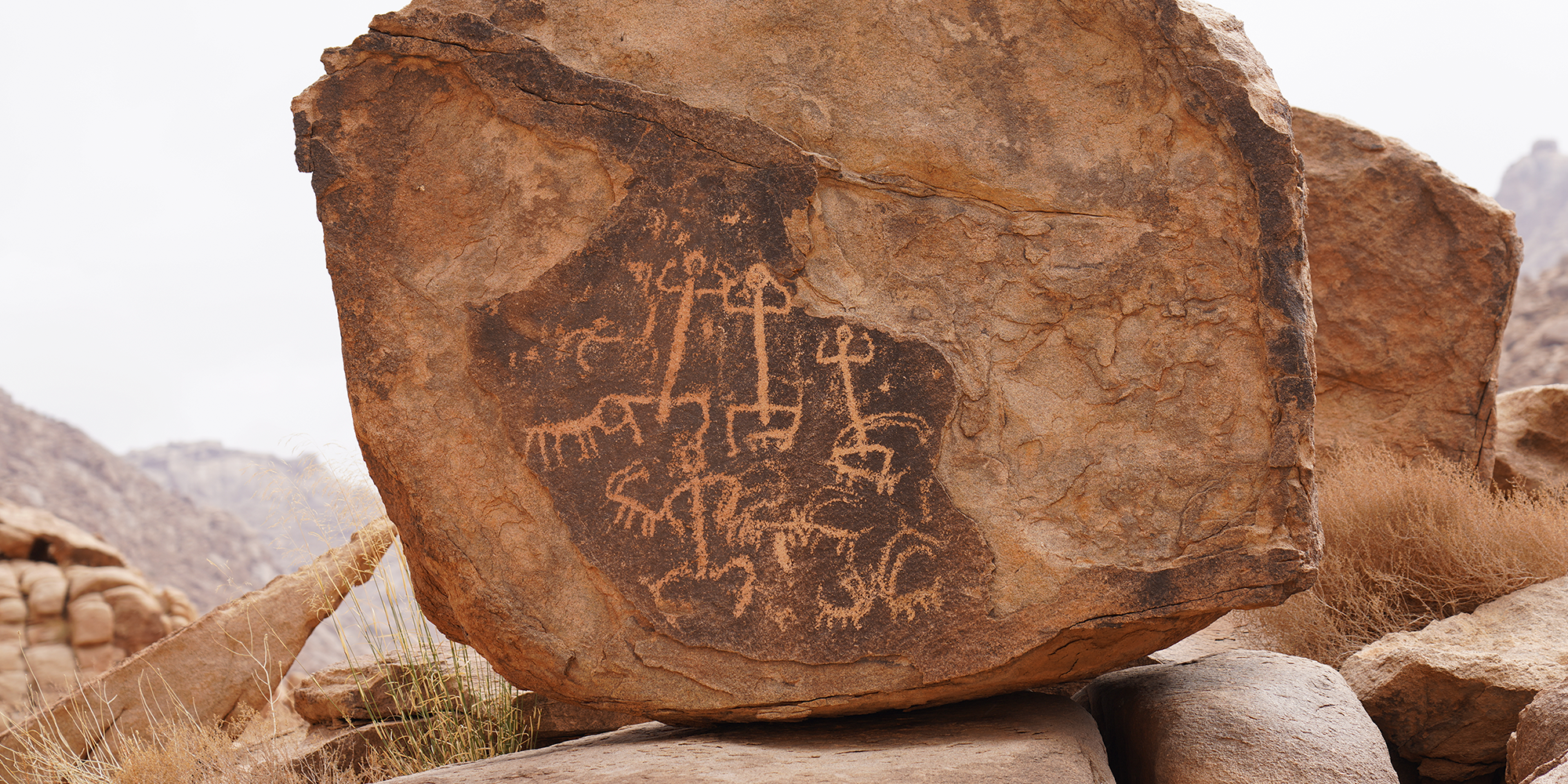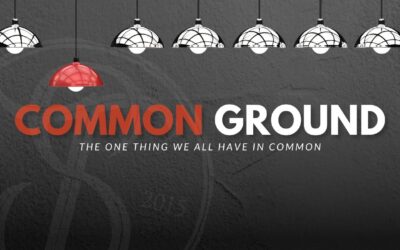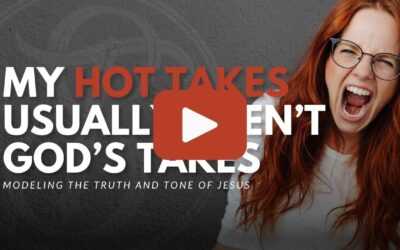Crisis Reveals What We Worship and We Are All Worshipping Something

Earlier this year, my brother-in-law visited a dear friend who lives in the Middle East. They spent a day traveling to historic sites, including what many archaeologists now believe is the actual Mt. Sinai where Moses received the Ten Commandments. At the base of this mountain are a series of ancient drawings etched in the rock formations. They appear to be images of people dancing around golden calves, which matches the narrative found in Exodus 32.
I always found this story odd. The Israelites lived in the tangible presence of God. The Red Sea supernaturally parted so they could escape their Egyptian pursuers. A pillar of cloud by day and fire by night guided their daily journey. Every morning when they woke up, their breakfast, lunch, and dinner was on the ground outside their tents (like divine room service). Yet when Moses when up Mt. Sinai to meet with God, they immediately melted down their gold jewelry, fashioned it into the shape of a cow, and bowed down and worshipped it. How stupid can you be?
And yet, as God likes to remind me, I do the same thing all the time. Even in the midst of God’s tangible presence in my life through Jesus, I quickly and almost instinctively look to other things for my sense of hope, peace, and identity. Worship is a posture of the heart, a surrender of my trust to that which I’ve given ultimate position in my life. And in that sense, it’s not just religious people that worship. Everybody worships something. Yes, that’s you.
Nothing reveals the object of our worship like crisis, and this current coronavirus pandemic has bared all of our souls. When the world is shaking, our foundations are quickly exposed. I’ll confess first.
The Futility of Stability
My go-to golden calf forms around the normalcy and predictability of my Midwestern, middle class existence. I like my life. I like the ebb and flow, my work, my favorite restaurants, my ability to travel, financial stability, to provide for my family. These aren’t bad things. In fact, they’re great things. God has been good to me and I’m grateful for that.
But it’s easy to become complacent in the comfort of His blessings. Instead of resting in Jesus and thanking Him for his goodness, I transfer the source of my peace to the steadiness of my circumstances and my ability to dictate my own future. When control, normalcy, and predictability disappear, I can clearly see where the focus of my worship has shifted. Crisis reveals what I worship, and if it’s not Jesus I have to repent and return to Him.
But I see plenty of other “golden calves” around us as well.
The Worship of Science
The god of science is on full display today. Scientists are the new priests and their models are the new prophecies. Every news headline seems to start with the phrase “experts predict,” or “analysts foresee,” or “polls forecast.” Secular scientists appear more obsessed with telling the future than a doomsday prophet.
When I was a kid, a former NASA scientist named Edgar C. Whisenant published a book that deeply impacted parts of the Evangelical Christian community. Eighty-Eight Reasons Why the Rapture Will Be in 1988 sold over 4.5 million copies worldwide, and claimed the Bible pointed specifically to September 11-13, 1988 as the window for Jesus Christ’s eminent return. While many blew off his prediction, others quit their jobs and sold their assets in preparation. When the sun came up on September 14, Whisenant simply updated his predictions to 1989, then 1993, then ultimately 1994 before fading into obscurity. This pattern feels strangely familiar today.
To adamantly declare “you have to believe the scientists” with a religious fervor toward predictive modeling is a secular act of worship.
Economic Idolatry
As I wrote a few weeks back, the economy is the sacred intertwining of human lives in mutual service to one another. The economy isn’t impersonal, the economy is people. But while the economy is a beautiful thing, placing our ultimate hope and trust in the strength of our economy, or rooting our identity in the form of our economy is sinful. And that’s where many of us, myself included, often find ourselves.
When the global pandemic started in early March, the US economy was in the fastest expansion it has experienced in decades. Unemployment was down, the stock market was up, and consumer confidence was through the roof. None of those things are bad. In fact, those are wonderful things! A good economy helps everyone. But when we begin to rest in economic prosperity as our savior, we have moved into dangerous territory, golden calf making territory.
In 30 days it was gone. It’s futile to hope in temporal things.
The God of Government
In the early 20th century, Dutch prime minister and theologian Abraham Kuyper coined the phrase “sphere sovereignty.” This idea centers on sectors of life – education, business, church, family, art, government, etc. – having divinely designed and specific roles under the authority of God. It’s only when one of these spheres tries to usurp the responsibilities of another that problems arise. Each sphere has a role and needs to stay in its lane.
The government has a divine design, but it seems that our expectations of government have not only invaded other spheres under the authority of God, they have actually become our god. Our political ideologies and their leaders are not just personal preferences, they’re objects of our worship – the source of our very identities themselves.
This is true of Christians, non-Christians, conservatives, liberals, and every political flavor under the sun. When government serves its role in God’s creative order, it’s a beautiful and sacred thing. But when we root our hope and trust in a government system or political leader – the one we have or the one we desperately want – we place weight on a temporal authority that it is incapable of bearing.
This pandemic has shown the futility of placing our ultimate hope and trust in the government. Your ultimate Hope will never appear on a voting ballot.
An Opportunity to Repent
When Moses came down from Mt. Sinai and saw the golden calves, the Bible tells us that he melted them down, crushed the gold in to dust, poured it into water, and made the people drink it. The idols had to die so that true worship could live.
In these moments of crisis when our idols become so clear, it’s a beautiful opportunity to repent and return to Jesus. The death of our idols allows the resurrected Christ to live in us. He is the only One worthy of our worship.
What idols has this crisis revealed in you? Now is a good time to identify them, melt them down, and return to Jesus.



